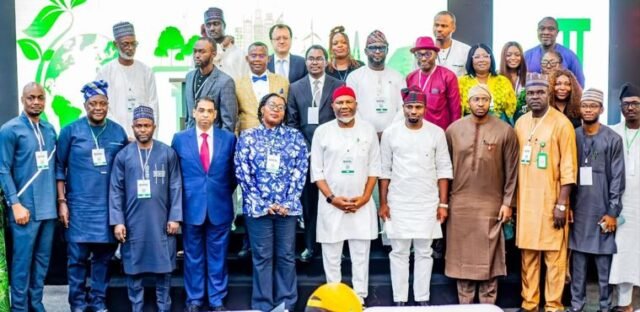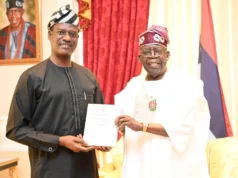Nigeria’s digital economy has once again been placed firmly in the spotlight as tech entrepreneur and investor Sudeep Ramnani reaffirmed his commitment to supporting innovation in the country. His renewed interest comes at a time when Nigeria is striving to strengthen its position as Africa’s leading hub for digital transformation.
Ramnani’s declaration followed the recently concluded 80th United Nations General Assembly (UNGA) in New York, where African development, digital trade, and infrastructure took centre stage. For many stakeholders, his message represents not just a financial pledge but a powerful statement that Nigeria’s digital future remains a viable and necessary pursuit.
Table of Contents
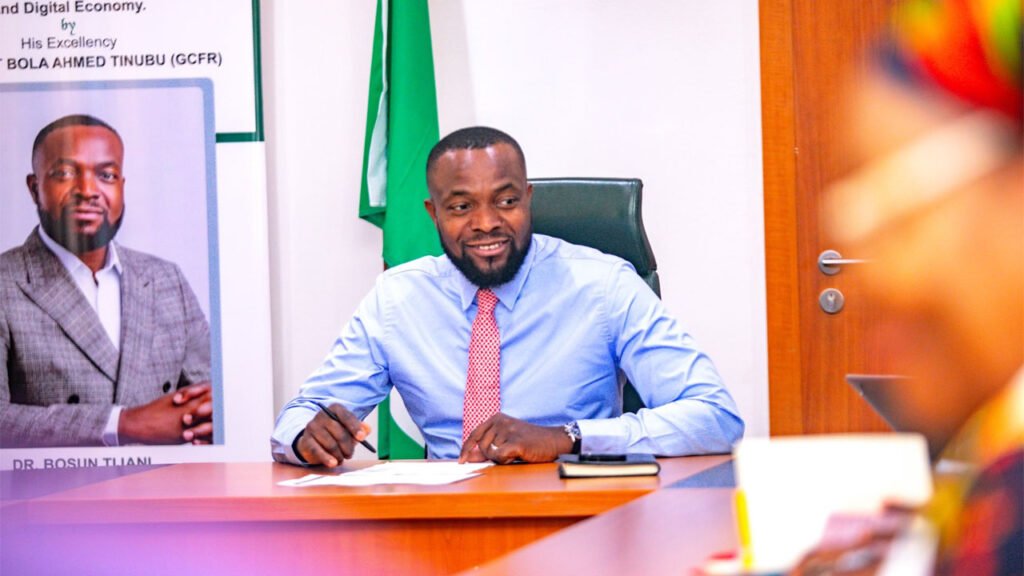
A Signal of Confidence in Nigeria’s Tech Landscape
Speaking in Lagos after the UNGA, Ramnani emphasised that reliable infrastructure is the cornerstone of a successful technology ecosystem. “Infrastructure is the backbone of scalable innovation,” he said, stressing that without dependable electricity, broadband access, and support systems, even the brightest ideas would struggle to survive.
He further explained that African talent, which was celebrated throughout the UNGA, must be channelled into building solutions rather than simply consuming global products. His message was clear: Nigeria should aim to be a producer of innovation, not just a marketplace.
This reaffirmation has been read by many as a signal of confidence in Nigeria’s evolving technology landscape. While foreign investors sometimes shy away due to regulatory hurdles or infrastructural gaps, Ramnani’s decision to remain active in the space suggests long-term belief in the potential of the Nigerian market.
Investments That Shape Daily Life
Ramnani is no stranger to Nigeria’s tech ecosystem. Alongside his business partner Jai Mahtani, he has co-founded and supported major players such as PalmPay and backed ventures like Paystack, which was later acquired by global payments giant Stripe.
His latest focus, however, reflects a broadening of interest beyond fintech. By investing in Chowdeck, a Lagos-based food delivery company, Ramnani is betting on sectors that touch the daily lives of Nigerians. In a country where urbanisation and changing consumption patterns are fuelling demand for on-demand services, such a move positions him at the heart of emerging consumer behaviour.
For Ramnani, the motivation is not just profit. It is about backing local entrepreneurs who are designing solutions to real Nigerian challenges. From payment bottlenecks to food delivery logistics, his portfolio illustrates confidence in the ability of Nigerian founders to compete globally when given the right support.
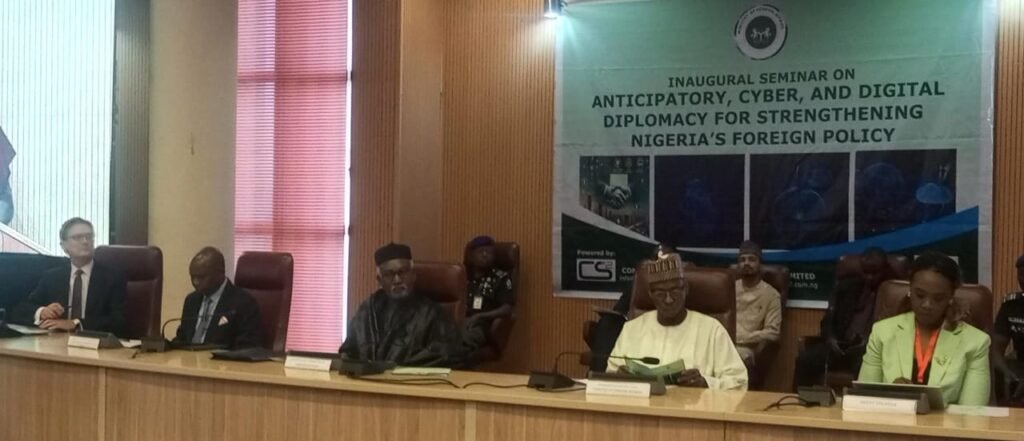
The Policy Push and Persistent Challenges
Ramnani’s commitment aligns neatly with ongoing government efforts to drive a digital economy. The Federal Ministry of Communications, Innovation and Digital Economy (FMCIDE) has placed strong emphasis on using technology to enable trade under the African Continental Free Trade Area (AfCFTA) framework.
Minister Dr Bosun Tijani has repeatedly highlighted the importance of artificial intelligence (AI), digital platforms, and interoperable systems for Nigeria’s competitiveness. By promoting digital trade, he argues, Nigeria can not only create jobs but also integrate more effectively with regional and global markets.
Yet, despite these efforts, several challenges remain:
- Infrastructure deficits: millions of Nigerians still lack steady electricity and affordable broadband.
- Funding bottlenecks: while seed funding is common, access to larger capital for scaling is limited.
- Brain drain: talented Nigerian developers often leave for opportunities abroad.
- Policy uncertainty: startups face hurdles ranging from shifting regulations to bureaucratic red tape.
Ramnani acknowledged these realities, noting that while risks exist, opportunities remain vast. He called for closer collaboration between government, investors, universities, and entrepreneurs to build a digital ecosystem that works for all.
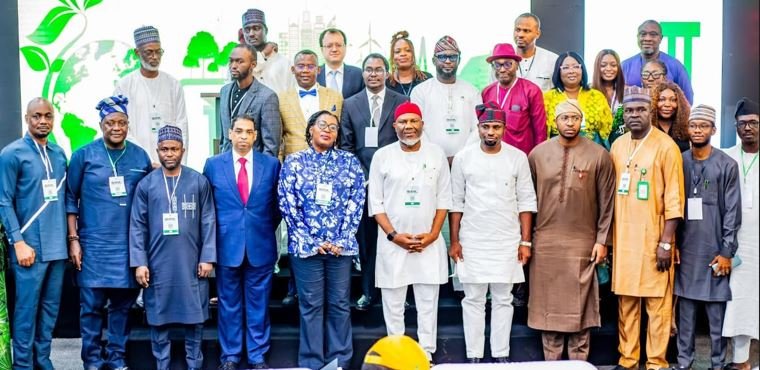
Why This Matters for Nigeria’s Digital Future
Ramnani’s renewed investment is not just a personal business decision—it could serve as a catalyst for broader change. His confidence may encourage other investors, both local and foreign, to reconsider Nigeria as a key destination for digital investment.
The ripple effect could accelerate growth across multiple sectors:
- Education technology (EdTech) could bridge learning gaps in rural areas.
- Agritech could modernise food production and supply chains.
- Healthtech could deliver solutions to underserved communities.
If properly harnessed, these investments could push Nigeria closer to its ambition of becoming Africa’s undisputed leader in digital innovation.
Still, experts caution that the road ahead requires discipline and strategic execution. Building data centres, expanding reliable internet access, and ensuring regulatory clarity will determine whether Nigeria fully capitalises on this moment.
For now, however, Ramnani’s reaffirmation is a timely reminder that despite the challenges, Nigeria’s digital future remains alive with possibility.
Join Our Social Media Channels:
WhatsApp: NaijaEyes
Facebook: NaijaEyes
Twitter: NaijaEyes
Instagram: NaijaEyes
TikTok: NaijaEyes


